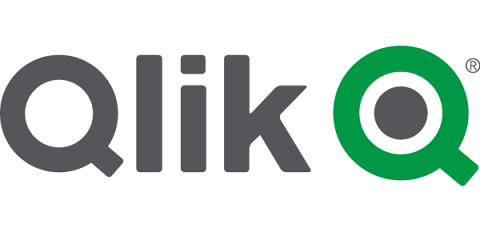Systems | Development | Analytics | API | Testing
Data Governance
Data Governance Framework Policy - What Do You Need to Know?
What is Data Governance? Accountability and Quality Control in Analytics
Understanding Data Governance
Episode 3 & 4 | Data Destination & Data Governance | Data Journey
Data Governance and Strategy for the Global Enterprise
While the word “data” has been common since the 1940s, managing data’s growth, current use, and regulation is a relatively new frontier. Governments and enterprises are working hard today to figure out the structures and regulations needed around data collection and use. According to Gartner, by 2023 65% of the world’s population will have their personal data covered under modern privacy regulations.
Data Governance and Strategy for the Global Enterprise
In a recent blog, Cloudera Chief Technology Officer Ram Venkatesh described the evolution of a data lakehouse, as well as the benefits of using an open data lakehouse, especially the open Cloudera Data Platform (CDP). If you missed it, you can read up about it here.
Why You Need Data Governance for Analytics
How can you ensure data quality and security across your data analytics pipeline? With data governance – the exercising of authority and control over your data assets. It includes tracking, maintaining and protecting data at every stage of the lifecycle.
Demystifying the Data Governance Framework
Why your modern data stack needs data governance
Having a governance strategy gives you data control and visibility.










